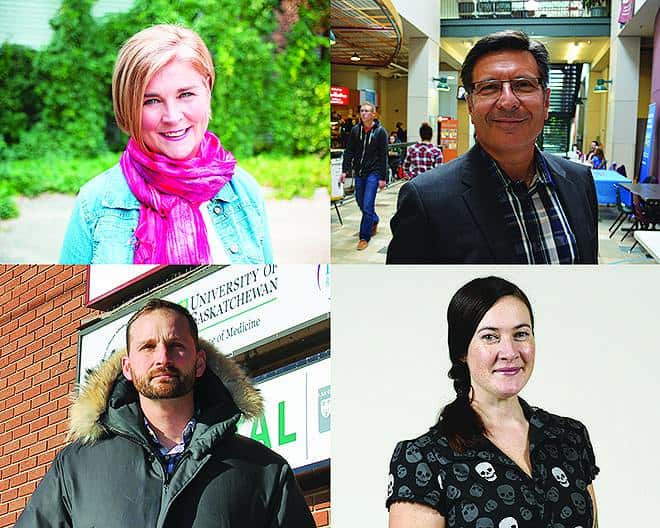Reading Malcolm Gladwell

Learning about productivity, lifestyle management, and social science one book at a time
by hammad ali, contributor
A little over four years ago, I moved to Canada. About six months before that, I got an email one morning, informing me that my application to study in a graduate program at the University of Regina Computer Science Department had been accepted, and I would be paid a scholarship to help support my study.
Looking back, there are very few emails I have received that I found more terrifying. A graduate program is exactly what I wanted to do at that point in my life, but I also felt woefully unprepared. So I decided to use the six months or so I have before starting to prepare myself. Thus began an interest in reading about productivity and lifestyle management that I am still pursuing, and this is when I first read Malcolm Gladwell.
Malcom Gladwell is the author of five bestselling books, and writes mostly about the counterintuitive implications of the social sciences apparent in the world around us. In his first book, The Tipping Point, for instance, he introduces the concept of social epidemics and how a few points in a network, called mavens or connectors, help spread any social trend to a degree far greater than expected. In more recent times, some of his claims in the book have been criticized, but it is still very interesting to read about.
His next book, Blink, talked about the concept of Thin Slicing, the notion that conclusions drawn from a high level intuitive approach often seem to be just as valid, or even more accurate, than expert analysis done over hours if not days. Gladwell mentions how psychology research on the likelihood of divorce reveals the ability to accurately assess the risk of a couple getting a divorce based on observing less than two minutes of interaction between them. Amusingly, and somewhat disturbingly, he also shares anecdotes on how his change in hairstyle resulted in his being stopped more often by law enforcement. Especially in the context of the past year, this is definitely food for thought.
My favorite Gladwell book, which I read in those six months before moving to Regina, has to be Outliers. In it, Gladwell presents several examples of how immense personal drive, motivation, and time spent on self-development all play a role in shaping an expert. Gladwell himself says that his motivation for writing this book was a feeling that we have a very inadequate understanding of what goes into the notion of success in any field of work. This is also the book that popularized the concept of 10,000 hours of practice often mentioned in order to attain mastery.
His fourth book, What the Dog Saw, is a collection of essays written for The New Yorker, with the underlying theme of seeing the world through the eyes of others. I have not yet read his sixth book, which came out in late 2019 and is called Talking to Strangers. The last work by him I have read is David and Goliath, which as might be obvious from the name is about the struggle of underdogs.
Most works by Gladwell make bold claims and draw surprising conclusions. Personally, and at the risk of sounding immodest, I always finish a Gladwell book with a distinct feeling of having grown as a person as a result of reading this book. He definitely makes me feel smarter. Thanks to doing this piece, I found out about his latest book. I hope many who are reading this will pick up his older titles. I would love to hear what you think!









